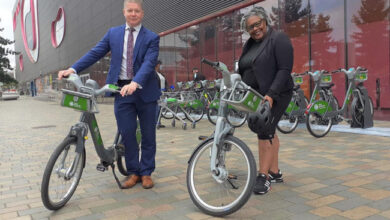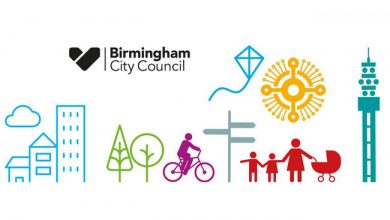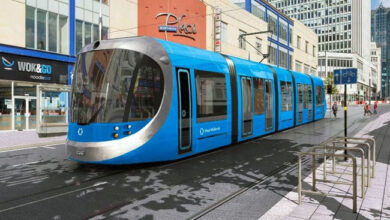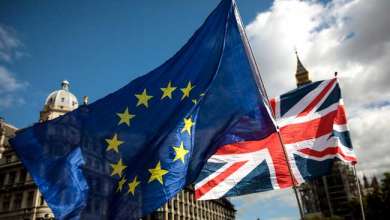Millions more bus journeys in the West Midlands following investment in network
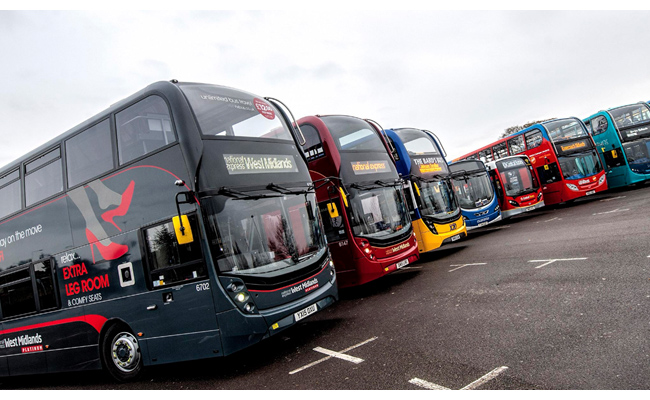
The number of people catching the bus in the West Midlands has rocketed by almost eight million over the last year as major investment in the network continues.
Fare-busting initiatives and other incentives delivered through the West Midlands Bus Alliance mean passenger numbers were up to 267.1 million between March 2018 and March 2019, according to new government figures. This is up from 259.3 million during the previous 12 months.
The increase follows the introduction of low-fare zones and a decision to extend half-price travel to all 16-18-year-olds, benefitting up to 105,000 apprentices, students, trainees and those in work.
The region’s largest bus operator National Express West Midlands has also announced a freeze on walk-on cash fares and many season tickets for the third year running in 2020.
But the growth is not just on the back of lower fares. Convenient payment by mobile phone, the Swift travel card and contactless cards and live timetable apps are also making bus travel easier.
Millions of pounds have meanwhile been invested in highways and junctions, including the new Harborne bus lanes, to reduce bottlenecks and improve reliability of services.
The Bus Alliance, a partnership between Transport for West Midlands (TfWM), which is part of the West Midlands Combined Authority (WMCA), bus operating companies, the Safer Travel team and passenger group Transport Focus has been driving many of the improvements.
Mayor of the West Midlands Andy Street said: “This large increase in bus passengers comes at a time when bus usage is in decline in many other towns and cities.
“I truly believe it is thanks to great innovations like low fare zones, half-price travel for more young people and smart ticketing, delivered with our Bus Alliance partners, that we are clearly making an impact with eight million more journeys last year.
“With confirmation that our largest operator National Express will be freezing the walk-on cash fares in 2020, buses will continue to provide good value for passengers. We have worked closely with National Express to freeze bus fares for three years running.”
Cllr Ian Ward, WMCA portfolio holder for transport and leader of Birmingham City Council added: “With 267 million journeys, bus is by far the most popular form of public transport in the region and rightly we are backing buses with investment and innovation, such as mobile apps delivering live travel information.
“Buses are playing a huge part in our plans to tackle congestion and improve our air quality and I would encourage more people to give it go.”
TfWM set up the Bus Alliance in 2015 to improve services for passengers by working with bus operators.
The aims of the Bus Alliance include making journeys quicker and easier, providing better value for passengers, making it more attractive for young people and to drive investment in buses to both reduce emissions and increase comfort.
Linda McCord, senior stakeholder manager at Transport Focus and chair of the Bus Alliance, said, “We work hard to ensure that the current experience of bus passengers and their priorities for improvement drive the Bus Alliance objectives.
“It is great to see that strong partnership working is paying off especially following the Transport Focus campaign encouraging more people to ‘Give Bus A Go’ in the West Midlands.”
Bus is by far the most used form of transport in the metropolitan West Midlands with 267 million journeys a year compared to 50 million for rail and about 7 million on the West Midlands Metro tram system.

